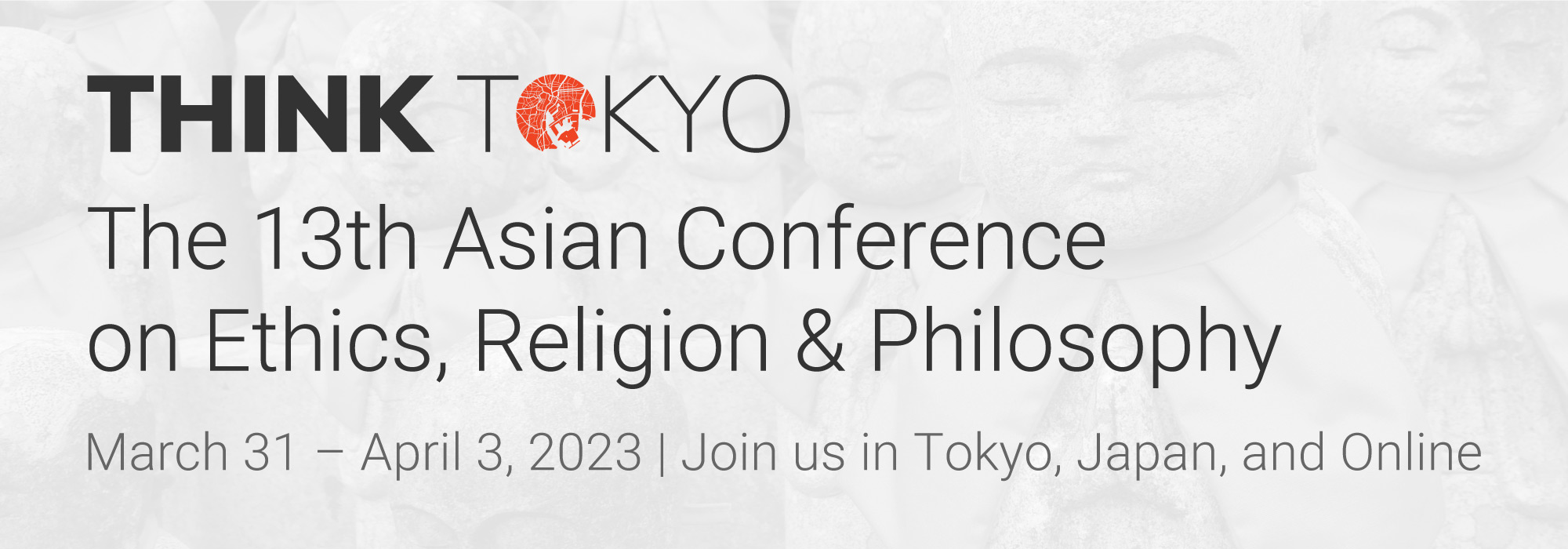Psychological literacy is the ability to apply psychological principles to personal, professional and societal issues. It includes, amongst the nine factors identified with it: 1) having a well-defined vocabulary and basic knowledge of psychology; 2) valuing scientific thinking; and 3) taking a creative approach to problem-solving. I have come to agree with those who consider it to be the most important literacy of the 21st century. The technological, social, geopolitical and other changes facing humans today enable and force us to make decisions and choices, to be more trustworthy and to have to trust more and more people who have more and more influence on important aspects of our lives. Understanding our communities and our world, our relationships, and ourselves, understanding what we can control or change and how we can control or change them for the benefit of ourselves and those in our communities and in our care is the most important and powerful tool for this millennium.
Psychological Literacy: The Most Important Literacy for the 21st Century

